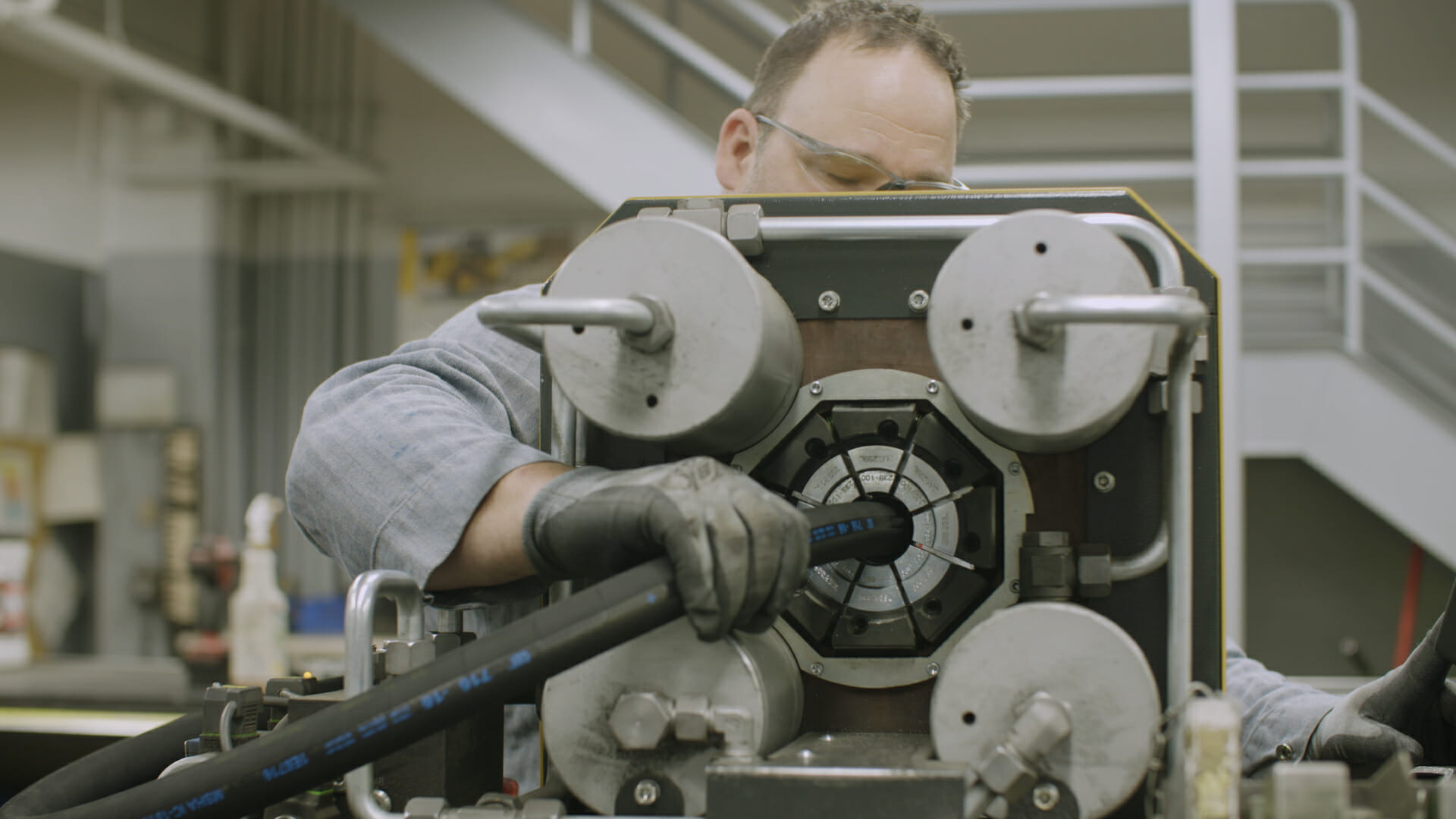
Published on July 23, 2020
Hydraulic Hoses & Couplings: How to inspect, when to repair, and when to replace
Hydraulic hoses and couplings are among the most critical components in heavy machinery. An unexpected hose failure can reduce production for both the damaged machine and the other pieces of equipment it supports. And equally important, damaged hydraulic hoses and couplings can pose a safety and environmental danger.
Inspecting hydraulic hoses and couplings
Some common causes for failed hoses and couplings include abrasion, cracking and dry rot, crushing, and tears. You can find most of these during visual inspections of the hoses, and if addressed in time, you can repair or replace them to limit downtime.
In addition to the common damages listed above, you should always inspect for the following
- Bulges that may indicate a compromised hose
- Delamination of the outer sleeve which indicates a weakening hose
- Pinhole leaks, which over time will progress into larger leaks and rupture
- Leaks at the connection point which could be easily repaired by an O-ring replacement
Beyond the hose
Hydraulic fluid and oil are liquid power sources between pumps or motors and cylinders, and while their primary purpose is power distribution, they also play a crucial role in protecting other parts of the machine through lubrication and temperature control. When machines are continually run with low hydraulic or oil levels cause by a malfunctioning hose or coupling, pumps, motors, and cylinders can suffer significant damage or failure.
Troubleshooting or replacement of hydraulic hoses
It is very important to make sure the person troubleshooting or replacing hydraulic components is knowledgeable and experienced with the machines they service. With pressures and the complexity of hydraulic systems increasing in new designs, the danger of injury from hydraulic oil injection or crushing also increases. Along with safety, system contamination is another area that can be overlooked and result in diminished component life.
Ziegler is here for all of your hydraulic needs. Our trained professionals can help you proactively avoid damaged components and educate you on preventive maintenance going forward. And if the damage is already done, we can get you back on the job quickly so that your productivity doesn’t suffer.
Click here for Service Contact Info.
Posted In: Equipment Maintenance

